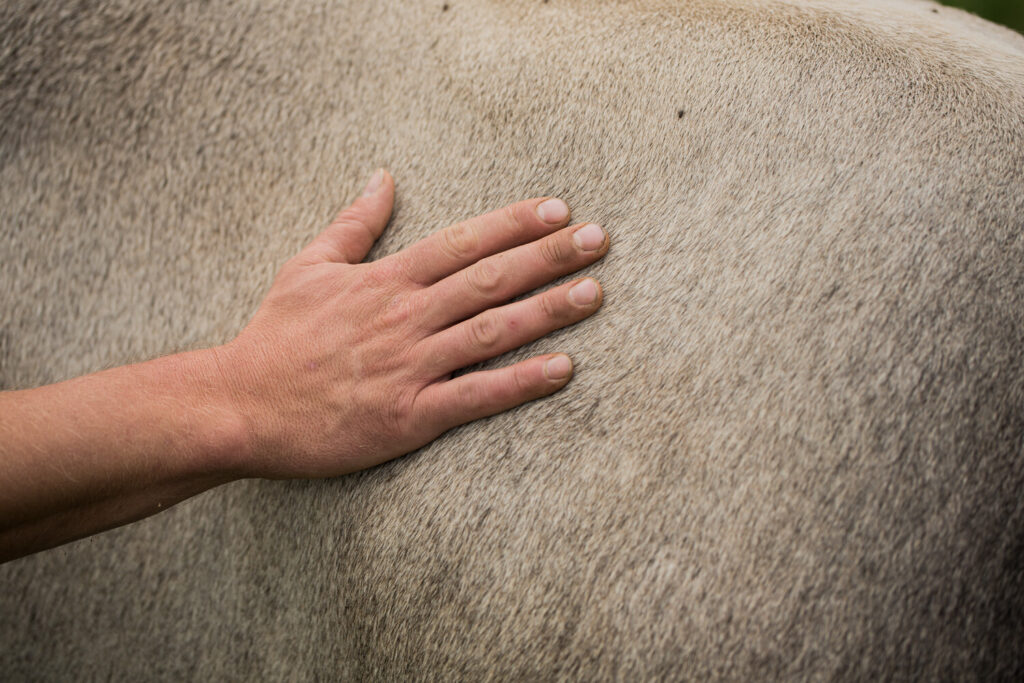Spreading Awareness, Stopping Resistance
Last year’s World Antimicrobial Awareness Week (WAAW) put forth high ambitions in the global fight against Antimicrobial Resistance (AMR) with the motto ‘Spreading Awareness, Stopping Resistance’. The WAAW 2022, from November 18 to 24, offers the ideal moment to take some time to reflect on the political efforts of the past 12 months and critically assess whether policymakers and other stakeholders indeed fulfilled their pledges.
The ‘silent pandemic’ is no longer ‘silent’
With more than 1.2 million lethal cases, AMR is already a major threat to public health and has recently been recognized as the leading cause of death worldwide, even overtaking HIV/Aids or malaria. AMR compromises the efficacy of antibiotics to treat human infections, so minor diseases or routine treatments can become lethal. What was previously coined the ‘silent pandemic’ is clearly no longer ‘silent’.
Scientific research has made the link between AMR and agriculture clear. About 73% of global sales of antimicrobials, including antibiotics are applied in livestock. Albeit already shocking, these figures are only expected to worsen in the future. A newly published study even projects an 11.5% increase in global sales of antibiotics for livestock by 2030. Thus, international organisations must stress the need for good practice in livestock husbandry.
The over- and misuse of antibiotics in intensive agriculture are inevitable with persistent stressful living conditions, overcrowding, and the animals’ growth as a primary target. This increases the animal’s susceptibility to disease as well as the likelihood of mutations towards resistant genes. Problematically, the more antimicrobials are used in livestock, the higher are the chances of AMR developing in animals, and subsequently spreading to humans.
We need more than alarming rhetoric
Alarming narratives around AMR are omnipresent in the public sphere: while health professionals engage in strongly-worded calls for action “to combat the threat” in order to “stay ahead in the race” against AMR, prominent political figures also follow suit: UK’s special envoy on AMR Dame Sally Davies proclaims AMR as “one of the greatest challenges facing humanity”. However, the gap between political rhetoric and decisive action is still too wide.
Some political efforts were made in 2015 with the WHO’s Global Action Plan on Antimicrobial Resistance, providing countries with a framework for the development of a national action plan on AMR. But, to date, only 120 countries have managed to draft national plans. Since the WAAW 2021, there was a UN Call to Action on AMR aimed at strengthening the One Health and multi-sectoral approach, and the WHO handbook was published offering further guidance for the implementation of national plans. Recently, a Strategic Framework for the intergovernmental collaboration on AMR incorporates a two-year workplan.
However, AMR is still on the increase, and many political efforts are later watered down. More antimicrobial stewardship is needed. Many political commitments have not been followed up, especially regarding funding, research, and implementation. Experts warn that “this slow pace has been detrimental […]. It is now time to walk the talk”. Problematically, knowledge and perceptions of policymakers towards AMR remain highly variable according to the region but are overall globally insufficient.
New research confirms the need for animal welfare
For many years, research has insisted on the importance of connecting animal welfare as a central element in combatting AMR. The resulting message is straightforward: due to the inextricable link between the preventive usage of antibiotics in industrial livestock systems and AMR, an urgent transformation must occur in industrial livestock systems. We need to move towards animal health- and welfare-oriented husbandry. Higher standards of animal welfare in breeding, feeding, and rearing, reduce the occurrence of illnesses and enhance natural disease resistance.
Recent research findings confirm that health-oriented systems that reduce the need for antibiotics in the first place should be at the core of battling AMR in agriculture. A study published in April 2022 found that the overwhelming majority of peer-reviewed publications on the topic evidenced a clear link between higher animal welfare and lower AMR for farm animals. Another study on pig farming concludes that “the adoption of good management practices that consider the characteristics and needs of the pigs holistically is essential to meet the international call for prudent use of antibiotics.”
Policymakers are starting to incorporate this into legislation. For example, the EU is currently working on strengthening animal welfare regulation and explicitly link this to AMR. Still, we need to make sure that this is not just empty rhetoric but translates to impactful action.
Renewed urgency to act
The past year has not done nearly enough to ‘spread awareness’, and certainly not to ‘stop resistance’. Biodynamic farming with its strict rules on the use of antibiotics and high animal welfare standards fights the issue of AMR at its roots and shows how holistic strategies can be implemented in practice (for more information on this, please check out this briefing paper).
Using the momentum of the WAAW 2022, we once again urge policymakers to explicitly include meaningful animal welfare in strategies to combat AMR and use biodynamic approaches as aspirational examples of how to move away from unsustainable industrial livestock systems. With the recent publications on the importance of animal welfare strategies in the fight against AMR, our arguments and mandate are stronger than ever. Only this way can we truly and meaningfully ‘stop resistance’.
Contact: Clara Behr, Head of Policy and Public Relations
clara.behr@demeter.net
Brussels, 21.11.2022



